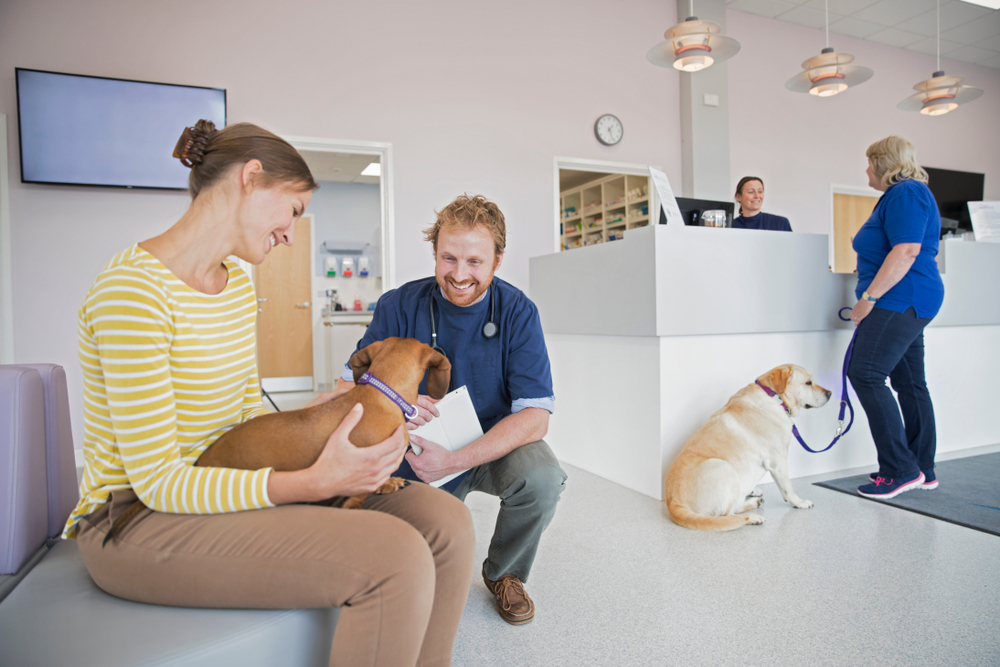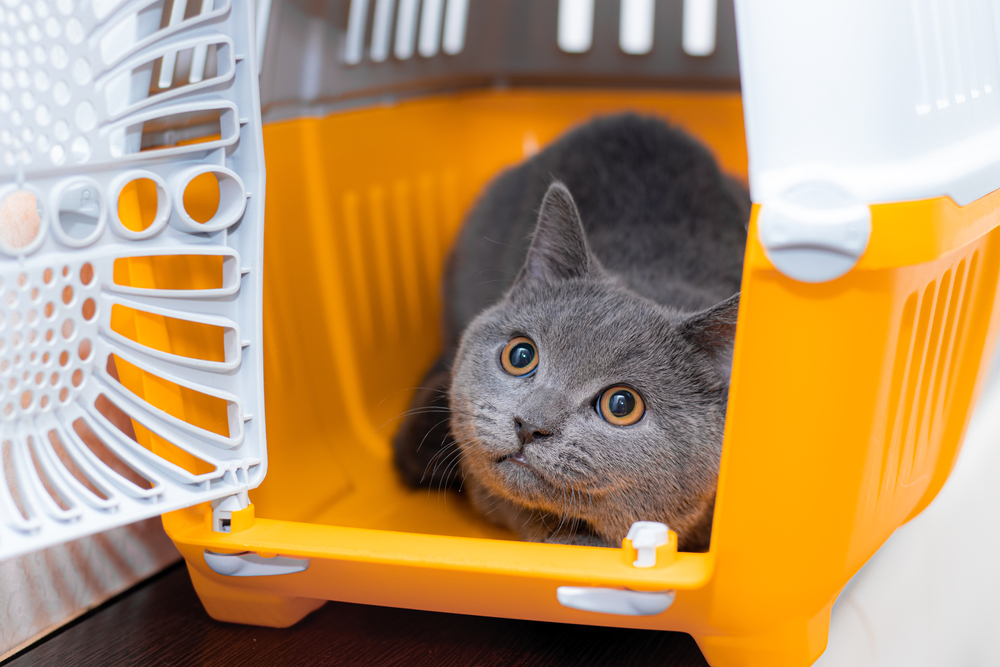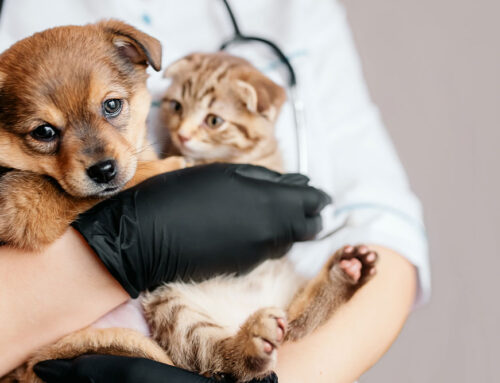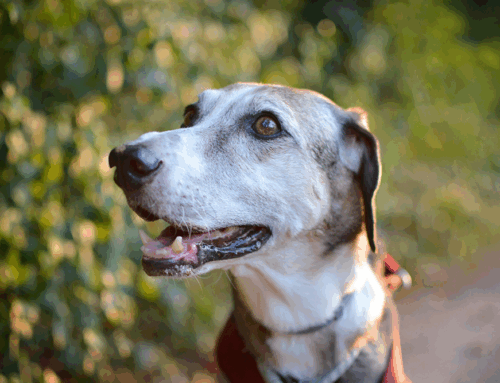Visiting the veterinarian can be a stressful experience for pets and their owners. From the unfamiliar smells to the unusual handling, it’s no wonder many cats and dogs become anxious at veterinary hospitals. However, pet owners can take advantage of several strategies to help make these visits less intimidating for their furry friends. Our Cane Bay Veterinary Clinic team explores eight tips to help ease your pet’s anxiety and make veterinary visits a more positive experience for everyone involved.
#1: Familiarize your pet with the carrier
For many pets, just the sight of the carrier can trigger anxiety because they associate it solely with veterinary visits. To ease your pet’s fears, make the carrier a familiar and comfortable space by leaving it out at home and occasionally placing treats or intriguing toys inside. Over time, your pet will form a positive association with the carrier, reducing their stress when it’s time to travel.
#2: Take your pet on regular car rides
Some pets become anxious simply at the prospect of traveling in a car. To help them feel more at ease, take your pet on short car rides regularly, even if it’s just around the block. This can desensitize them to the sensation of being in a moving vehicle and reduce their anxiety about traveling to veterinary visits.
If your pet becomes nauseous or is extremely anxious during car rides, talk to our Cane Bay Veterinary Clinic veterinarian. We can prescribe medication to soothe their upset stomach or ease their anxiety.
#3: Practice handling your pet
Pets can become anxious during veterinary visits because they’re not accustomed to being handled in certain ways. To help them feel more comfortable, practice gentle handling at home by touching their ears, paws, and mouth regularly, offering rewards throughout to create a positive association. This will familiarize your pet with the sensations they’ll experience during a physical exam and make the process less stressful for them.
#4: Reward your pet
Positive reinforcement is a powerful tool for shaping behavior, and it can be particularly effective in reducing your pet’s anxiety about veterinary visits. Use treats, praise, and petting to reward your pet for calm behavior during their appointment. Additionally, offer treats or engage in play before and after the appointment to help make the entire experience pleasant.
#5: Stay calm during veterinary visits
Pets are incredibly attuned to their owners’ emotions, so it’s essential for you to remain calm and composed during veterinary visits. If you’re anxious or nervous, your pet is likely to pick up on those feelings, which can escalate their own anxiety. Speak to your pet in a soothing tone and maintain a relaxed demeanor to help reassure them that everything is OK.
#6: Stop by and socialize
Make occasional trips to Cane Bay Veterinary Clinic for brief, non-medical visits to help your pet become familiar with the sights, smells, and sounds of a veterinary environment. These happy visits can be especially beneficial for young pets who may not have had many experiences outside of the home. Allow your pet to explore the waiting area and interact with our team in a low-pressure setting.
#7: Consider calming products for your pet
A multitude of calming products can help ease your pet’s anxiety. Pheromone sprays and diffusers can help soothe anxious pets by emitting synthetic versions of calming pheromones. Certain chewable treats can also ease a pet’s stress through a combination of various calming ingredients. These products can be particularly useful for pets who experience extreme anxiety during vet visits or other stressful situations.
#8: Ask about anti-anxiety medications for your pet

In some cases, pets may require additional help to manage their anxiety during veterinary visits. If your pet’s anxiety is severe, talk to our team about whether sedatives or anti-anxiety medications would give them some relief. These medications can help relax your pet and make the experience less stressful for them.
Veterinary visits don’t have to be a source of anxiety for your pet. Be patient and consistent in your efforts, and don’t hesitate to consult with our Cane Bay Veterinary Clinic team for additional guidance and support.







Leave A Comment